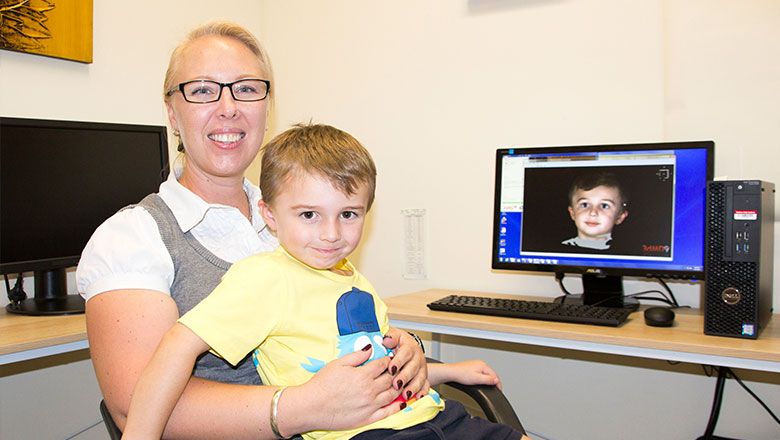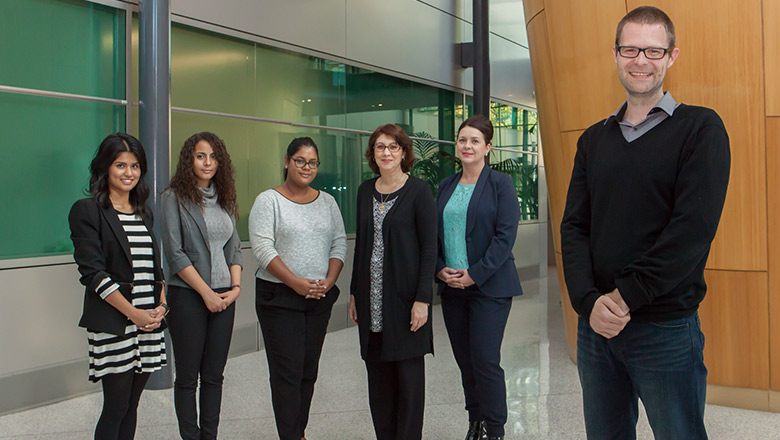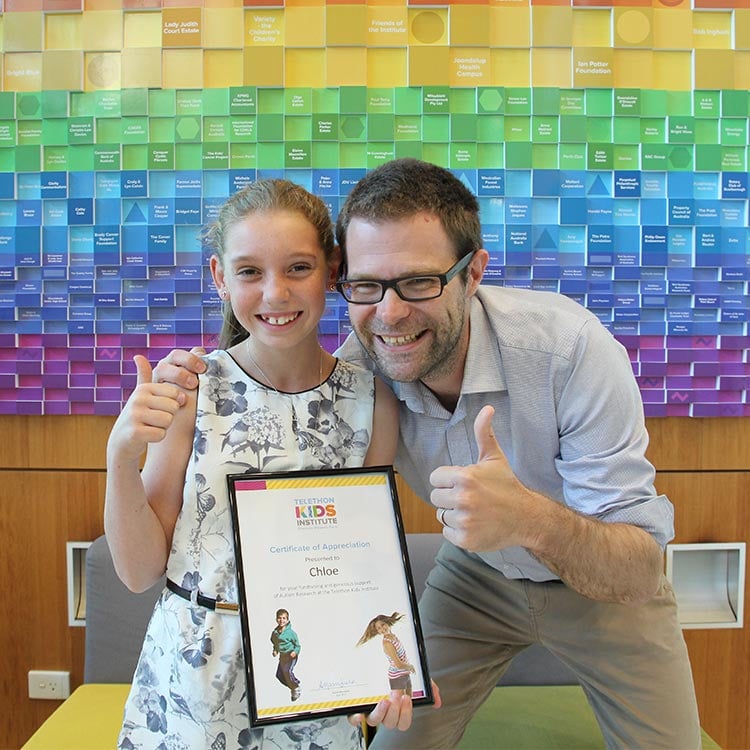Search

News & Events
3D face scanner could improve early diagnosis for kids with autismCan you see signs of autism in a child's facial features? Telethon Kids researchers have acquired new face scanning technology to help answer this question.

News & Events
Early diagnosis for kids with autismFocussing attention on a child’s first year of life is proving to be a major breakthrough in autism research.

News & Events
Professor Andrew Whitehouse on ABC720Autism researcher Professor Andrew Whitehouse was on 720 ABC Perth yesterday taking questions on child health.
News & Events
An evening for the future of autismJoin Dr Andrew Whitehouse, head of Developmental Disorders research at The Kids, as he shares with you his vision for autism research.
News & Events
App for AutismAn innovative iPad App developed in Western Australia could be the key to improved outcomes for kids with autism.
News & Events
Pregnant women sought for autism studyPregnant women who already have an autistic child are being sought for a study by the Autism Research Team at WA's The Kids for Child Health Research.
News & Events
Autism research innovator shortlisted for Eureka PrizeDr Andrew Whitehouse from Perth's Telethon Institute for Child Health Research shortlisted as a finalist for the prestigious 2012 Australian Museum Eureka Prize
News & Events
Further evidence of testosterone link to autismA new study from Perth's The Kids for Child Health Research has uncovered more evidence of a link between early testosterone levels and autism.

News & Events
Fundraising star: Chloe (11) Bakes for Autism ResearchChloe recently decided to bake cupcakes to sell to her school friends and teachers and it was all for a cause very close to her heart - autism research.

News & Events
New autism guideline a lifeline for familiesProfessor Andrew Whitehouse tells how Australia’s first national guideline for the diagnosis of autism spectrum disorder is going to transform the way the condition is assessed and managed, vastly improving the experience for families.
